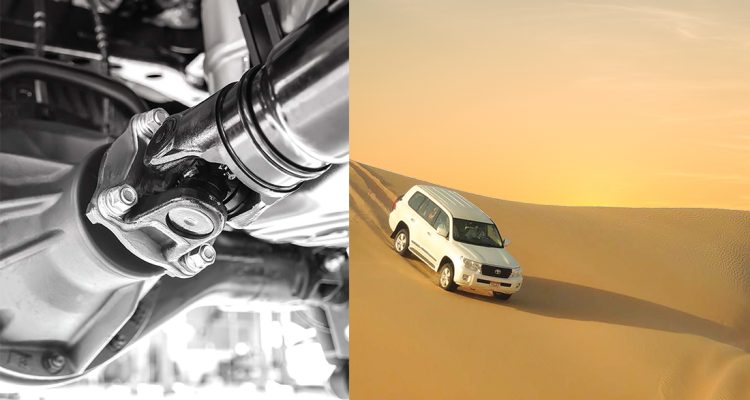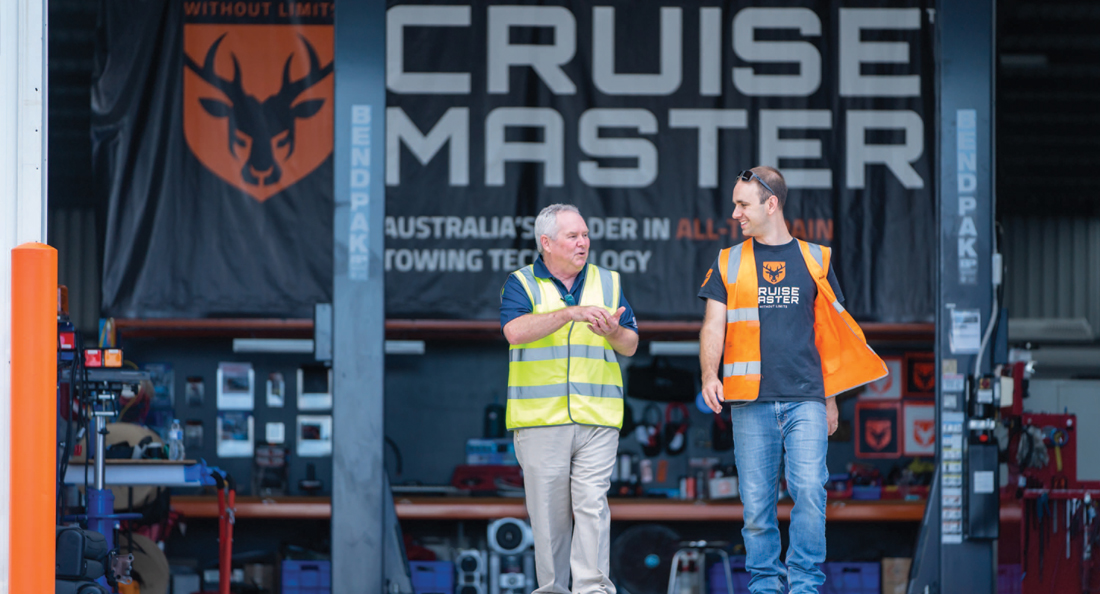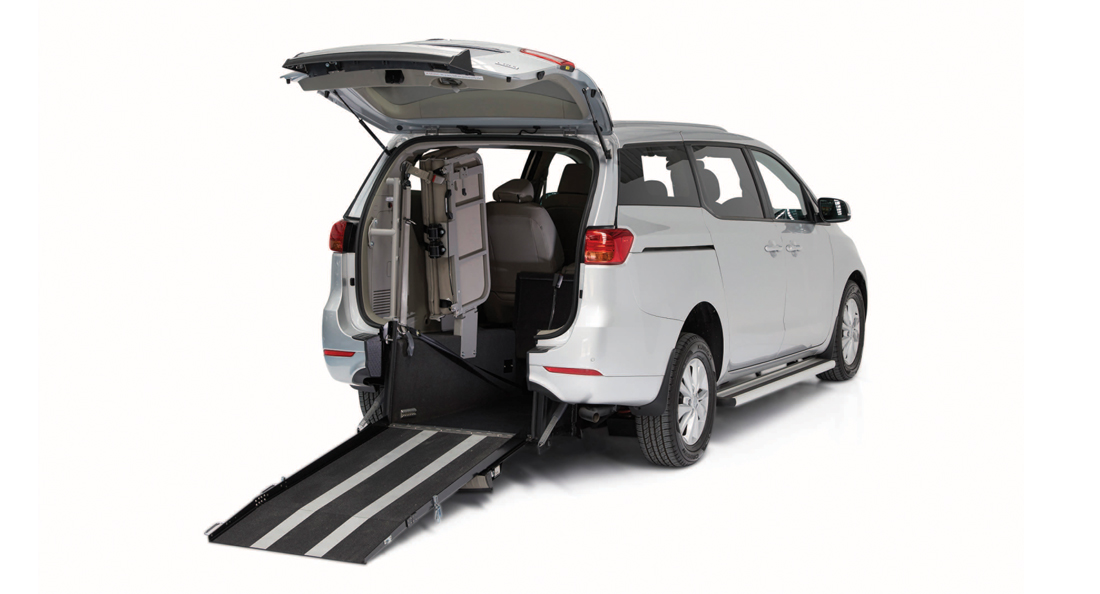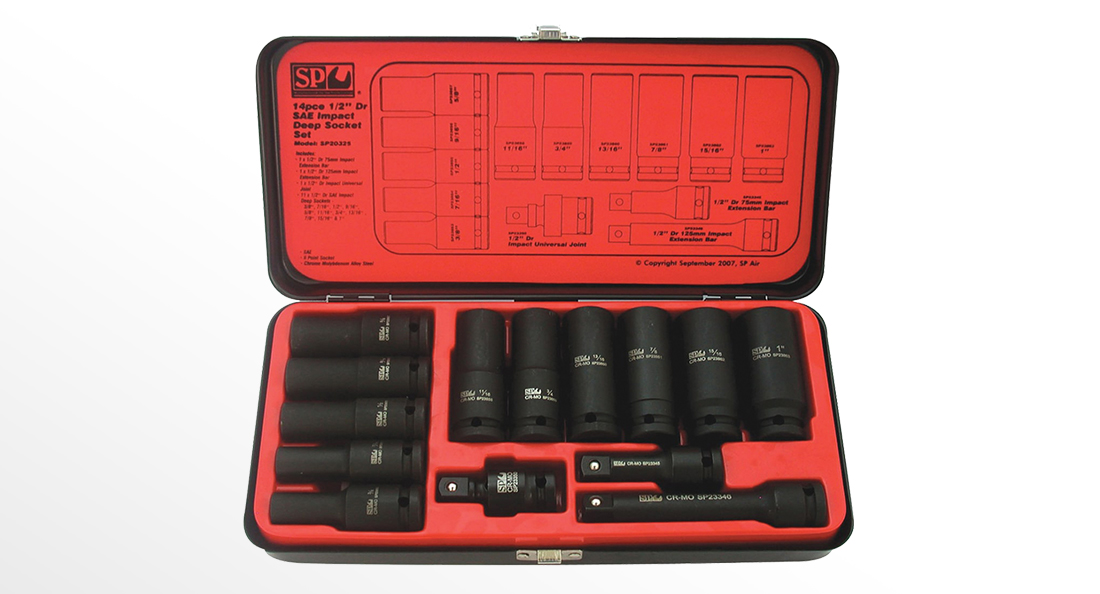In the quarrying industry, off-road light vehicles are often used for the efficient transport of personnel and supplies around or between sites. Some are employed to venture underground, carrying loads of material or equipment through confined and hazardous spaces.
Much like the human body, trucks and cars have a plethora of internal components that work together to keep the whole system moving. Within a light vehicle, the drive shaft serves to deliver torque from the transmission to the differential, then onwards to turn the wheels in motion. A drive shaft designed for a sportscar will be different to that in a quarry site truck, which is where industry knowledge from the team at Hardy Spicer comes in.
Michael Walton has been working at Hardy Spicer for over a decade, and has recently stepped into the role as Branch Manager in Townsville. He says that with nine centres located across Queensland, New South Wales and Western Australia, the group is well-placed to liaise with key players in the quarrying space to ensure the best possible fit for their on-site four-wheel drives.
“Many years ago, we worked with some mining companies to develop a greaseable front CV joint for their fleet’s light vehicles,” he says. “That greaseable front feature meant that they didn’t have to disassemble the whole vehicle to carry out lubrication maintenance. Around the same time, we innovated our heavy-duty mining specification drive shaft.”
The shaft’s Hardycoat® nylon splines offer 30 per cent longer life than standard steel alternatives. Additionally, the rubber lip seal and boot give superior protection against dirt, dust and water. The complete shafts, universal and greaseable CV joints available from Hardy Spicer are all interchangeable with standard parts from commonly used car makes.
“Our drive shafts are being used in quarries for both above ground and underground applications,” Michael enthuses. “We also have the biggest line of heavy-duty universal joints that are greased through the cap, featuring triple lip seals and teflon thrust pads, giving them a much longer life than a lot of standard OEM replacement parts.”
Each Hardy Spicer service centre is equipped with purpose-build engineering machinery, including press up benches, electronic balancers, and weld lathes. This gives them the capability to balance drive shafts perfectly to meet ISO standards before they go into service, ensuring the prevention of excessive spline wear, yoke, tube or weld failure.
“We can either repair or overhaul existing shafts, or design and build a completely new one to suit almost any application,” says Michael. “Whether it’s a light vehicle or heavy piece of machinery, these custom-built, high performance parts are built to last.”
According to Michael, the team can also carry out fitting of universal joints, couplings and centre bearings, ensuring the safest possible end result for long-term service in the field.
“For example, I’ve recently been working with a customer on a custom job for a two-piece shaft, which has a special parkbreak through the middle,” he explains. “We can do unique flanges, or different shaft lengths. There’s not much we can’t do or won’t try to collaborate with the customer on to find a solution.”
“We’ve supplied these drive shafts to many sites across Australia over the years, and often times people are so happy with their performance that they come back to request fitment on their personal vehicles,” he concludes. “That’s a real demonstration of how satisfied they are.”




